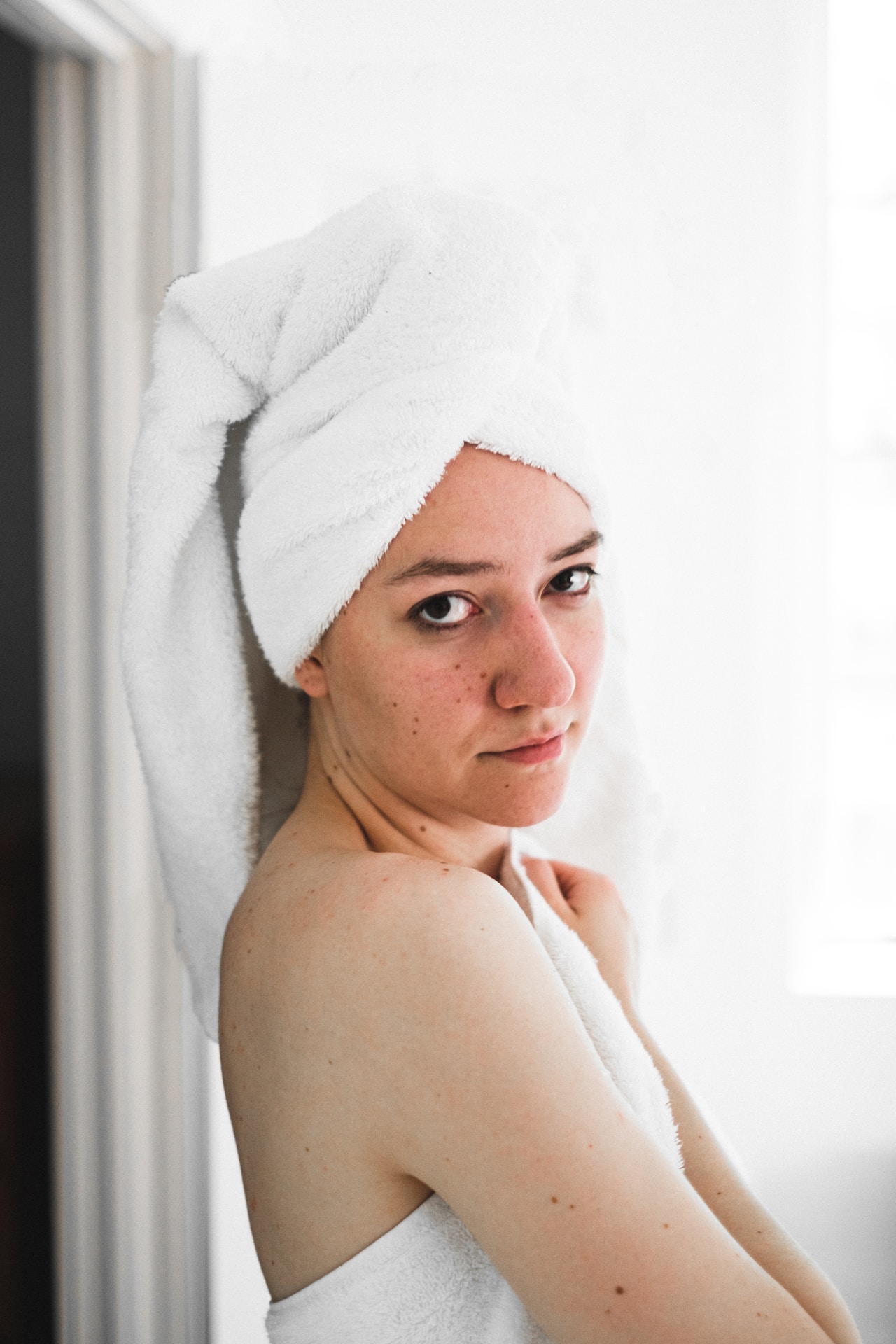
Scars are a natural part of the healing process after an injury. However, many people wish to minimize the visibility of scars, especially if they are in prominent areas. In this article, we will explore various methods to fade scars quickly and effectively.
1. Silicone-based products
Silicone-based products, such as gels or sheets, have been proven to be effective in fading scars. These products create a protective layer over the scar, keeping it hydrated and reducing its appearance. They are easy to use and can be applied directly to the affected area.
2. Vitamin E
Vitamin E is widely known for its skin healing properties. Applying vitamin E oil or creams directly to the scar can help fade it over time. It helps in moisturizing the skin and improving its texture, ultimately reducing the visibility of the scar.
3. Onion extract
Onion extract is a popular natural remedy for scar reduction. It contains compounds that inhibit collagen production, which can result in the scar becoming less visible. Using products containing onion extract or applying onion extract directly to the scar may help fade it faster.
4. Lemon juice
Lemon juice is known for its natural bleaching properties. Applying fresh lemon juice to a scar can help lighten its color and make it less noticeable. It is important to note that lemon juice may cause skin irritation in some individuals, so a patch test is recommended before applying it to the entire scar.
5. Aloe vera
Aloe vera has long been used for its healing properties. It contains enzymes, vitamins, and minerals that can promote skin regeneration and help fade scars. Applying fresh aloe vera gel or using products containing aloe vera regularly can improve the appearance of scars.
Conclusion
While complete scar removal may not be possible, there are various methods that can help fade scars quickly. Silicone-based products, vitamin E, onion extract, lemon juice, and aloe vera are among the most popular options. It is important to note that results may vary depending on the type and severity of the scar. Consultation with a dermatologist is recommended for personalized advice and treatment options.
